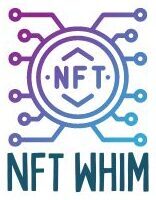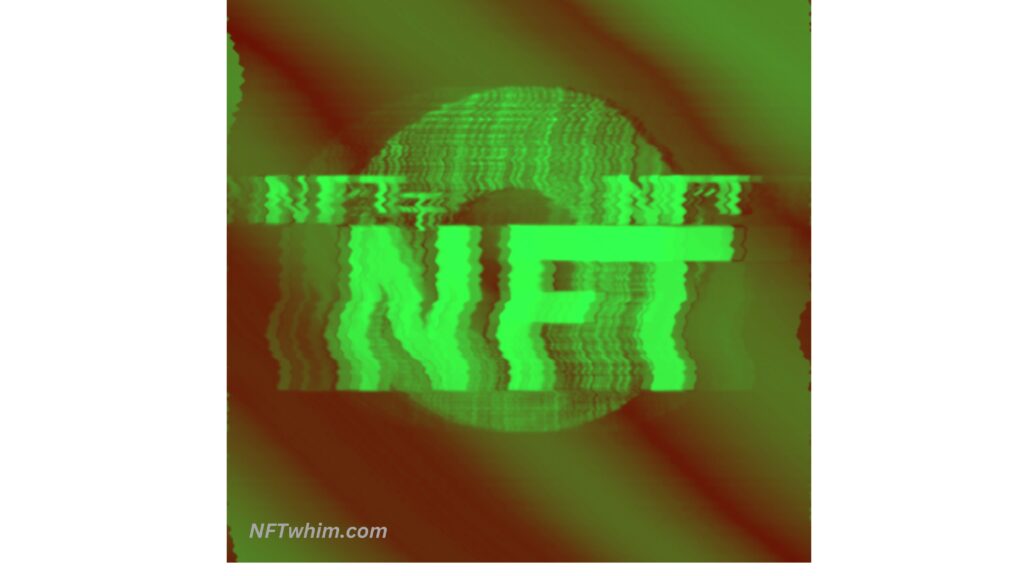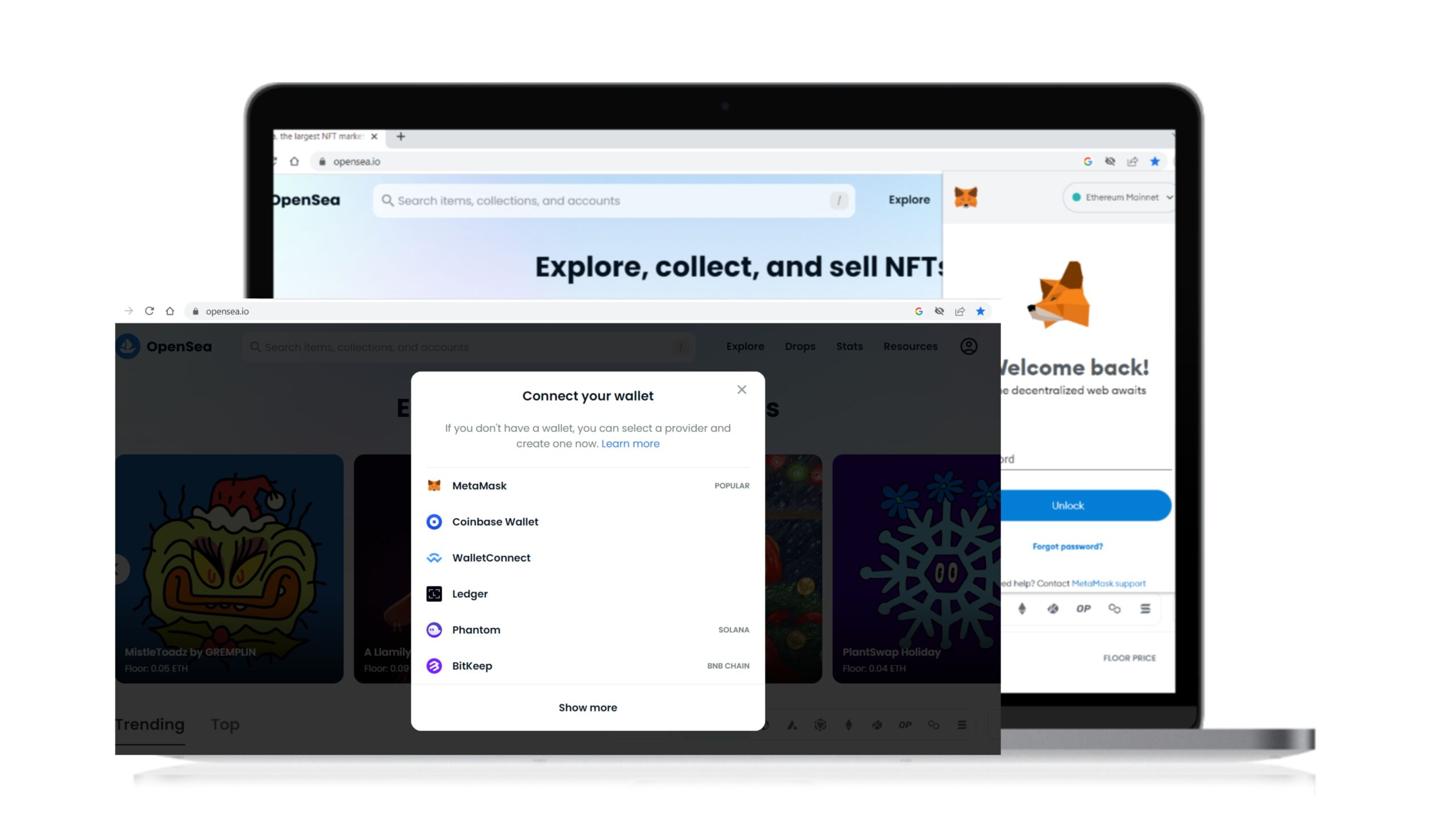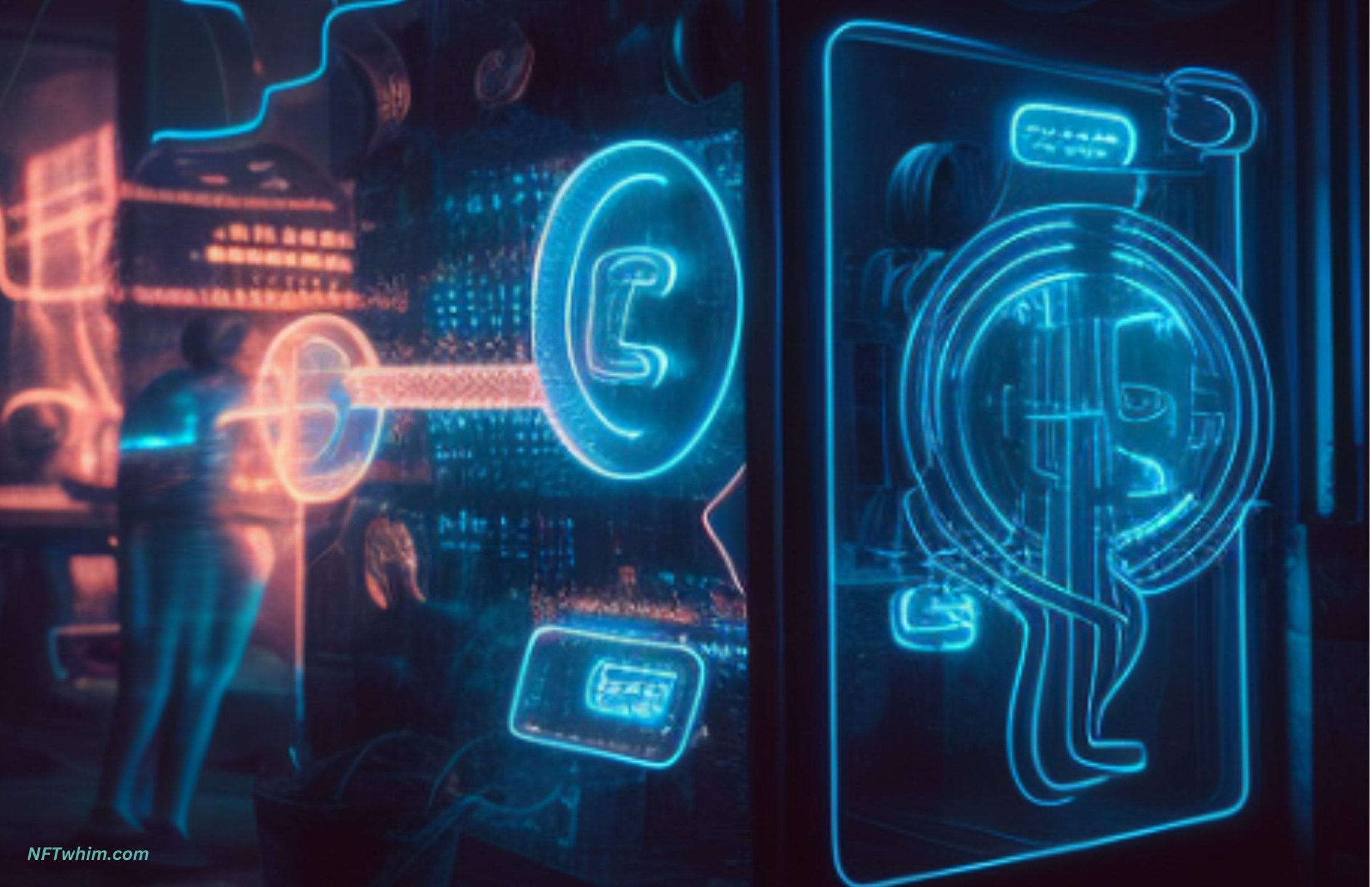If you’ve been following the buzz around NFTs, you might be wondering whether the owners of these unique digital assets are public. In other words, can you find out who owns a particular NFT? In this blog post, we’ll dive into this question and explore the various factors that determine whether NFT owners are public.
NFT owners are not typically public, but their blockchain address for the NFT is. When you buy an NFT, the transaction is recorded on the blockchain. This means that NFT ownership is technically public, but it can be hard to know who owns a specific NFT because blockchain transactions are pseudonymous. The transaction is recorded using a wallet address, which is a public key, but this doesn’t tell you who the owner is. So if someone wants to find out who owns an NFT, they would have to find out the wallet address associated with that NFT.
Understanding NFT Ownership
Before we dive into the question of whether NFT owners are public, it’s important to understand how NFT ownership works. NFTs, or non-fungible tokens, are unique digital assets that are stored on a blockchain. Each NFT is one-of-a-kind, and its ownership is recorded on the blockchain, which serves as an immutable ledger.
When you purchase an NFT, you are buying the ownership rights to that particular asset. This means that you have the right to display the NFT, transfer it to another party, and sell it. However, you do not own the underlying content of the NFT. For example, if you purchase an NFT that represents a digital artwork, you don’t own the copyright to that artwork.

The Public Nature of Blockchains
One of the defining features of blockchain technology is its public nature. The blockchain serves as a decentralized ledger that is accessible to anyone who has access to the internet. Transactions that occur on the blockchain are recorded on a public ledger, which means that anyone can view them.
However, while the blockchain is public, the identities of the individuals involved in transactions are not necessarily public. When you make a transaction on the blockchain, you use a unique identifier called a wallet address. Wallet addresses are long strings of letters and numbers that are unique to each user. While wallet addresses are public and can be viewed by anyone, they don’t reveal the identity of the person behind the address.
The Pseudonymous Nature of NFT Ownership
Because NFT ownership is recorded on the blockchain, it is technically public. However, the pseudonymous nature of blockchain transactions means that it can be difficult to tie a particular NFT to a specific individual.
When you purchase an NFT, the transaction is recorded on the blockchain using your wallet address. While this address is public, it doesn’t reveal your identity. This means that if someone wants to find out who owns a particular NFT, they would need to know the wallet address associated with that NFT.
However, it’s worth noting that some NFT marketplaces do require users to complete KYC (know your customer) procedures, which can involve providing identifying information such as your name and address. In these cases, the marketplace may have information about the identity of the NFT owner, but this information is not necessarily public.

The Role of Privacy Coins
While the blockchain is designed to be transparent, some cryptocurrencies have been developed specifically to enhance privacy. These so-called privacy coins, such as Monero and Zcash, are designed to make it difficult to trace transactions back to their original source.
While privacy coins can enhance the privacy of blockchain transactions, they can also make it more difficult to track NFT ownership. If an NFT is purchased using a privacy coin, it can be difficult to tie that transaction to a particular individual.
NFT Ownership and Legal Liability
While the pseudonymous nature of NFT ownership can make it difficult to tie a particular NFT to a specific individual, it’s worth noting that NFT ownership does come with legal liability. If you purchase an NFT that infringes on someone else’s copyright, for example, you could be held liable for copyright infringement.
In some cases, it may be possible to take legal action to uncover the identity of an NFT owner who has engaged in illegal activity. However, this can be a complex and time-consuming
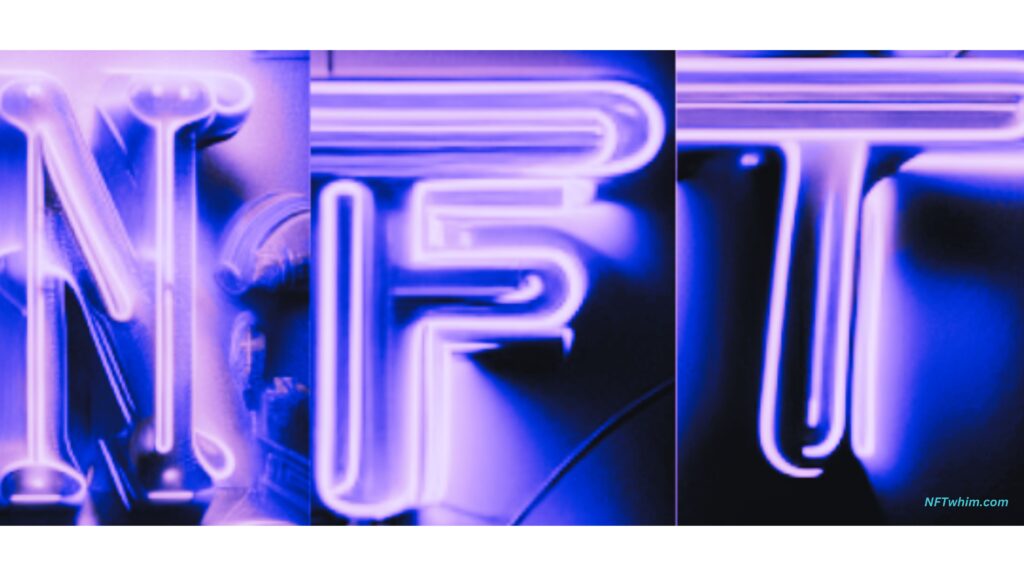
Ways People Try to Find Out the Owner of an NFT
If the ownership of an NFT is not publicly available, you may be wondering how you can find out who the owner is. Before doing that however, you need to ask yourself why that is important to you. I can only think of two cases in which it could be of value: To find out whether the owner want to sell the NFT if you offer a really high price, or to find out if the owner has passed away, and thus cannot sell the NFT that you are interested in. There are a few methods you can use to try to discover the identity of the owner, but these all just depends on whether the owner has revealed their identity voluntarily online:
- Checking the blockchain: As mentioned earlier, the blockchain is a public ledger that records all transactions related to an NFT. By examining the transaction history of the NFT, people can determine the public address of the NFT (but not the actual owner).
- Checking online marketplaces: If the NFT was purchased through an online marketplace, such as OpenSea or Rarible, people can sometimes identify the username of the owner, by searching for the NFT on the marketplace.
- Contacting the creator: People sometimes try to contact the creator of the NFT-image and ask them if they have any information about the current owner (that the owner has voluntarily agreed to share) .
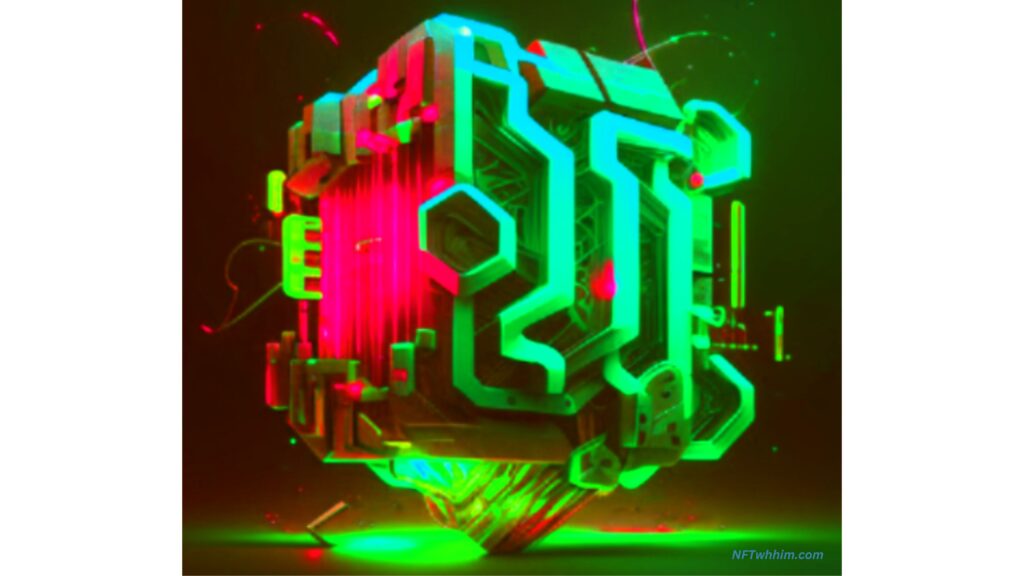
Ethical Implications of Trying to Find Out the Owner of an NFT
As mentioned earlier, there are ethical implications of trying to find out the owner of an NFT. While it may seem harmless to some, there are several reasons why this practice can be problematic.
Firstly, the privacy of NFT owners should be respected. By attempting to find out the owner of an NFT, one is essentially violating their right to privacy.
Secondly, the motivations behind wanting to find out the owner of an NFT may not always be ethical. While some may genuinely want to contact the owner to purchase the NFT, others may be motivated by more sinister intentions.
Lastly, there is also the issue of potential crime. With the rise in popularity of NFTs, cybercriminals have been trying to take advantage of the situation by stealing people’s digital wallets and gaining access to their NFTs. If one can easily find out who the owner of an NFT is, it could make it easier for hackers to target specific individuals.
While it is understandable that some people may want to find out the owner of an NFT for legitimate reasons, it is important to consider the ethical implications of doing so. The privacy of NFT owners should be respected, and any attempts to violate their privacy should be avoided.

Conclusion
In conclusion most NFT owners are not (necessarily) public, but their blockchain address for the NFT certainly is!
Since the ownership of non-fungible tokens (NFTs) is publicly recorded on the blockchain, the blockchain-address associated with the NFT ownership is public. So, while every NFT purchase transaction is recorded on the blockchain with the purchaser’s wallet address, which is publicly visible, it does not reveal their actual identity.
Robin
Author: Robin Olsson
Author Bio: I’m Robin and on this website, I share everything I’ve learned since getting into NFTs in 2021. I have a background in research and I’ve been in crypto for several years. You can read more about me here.
